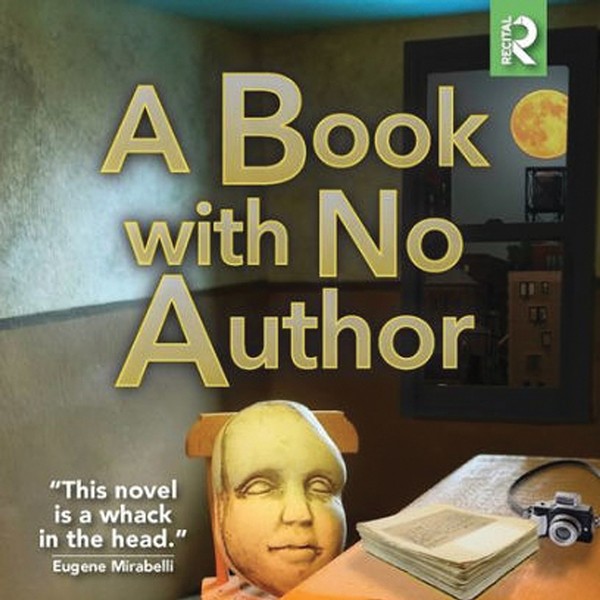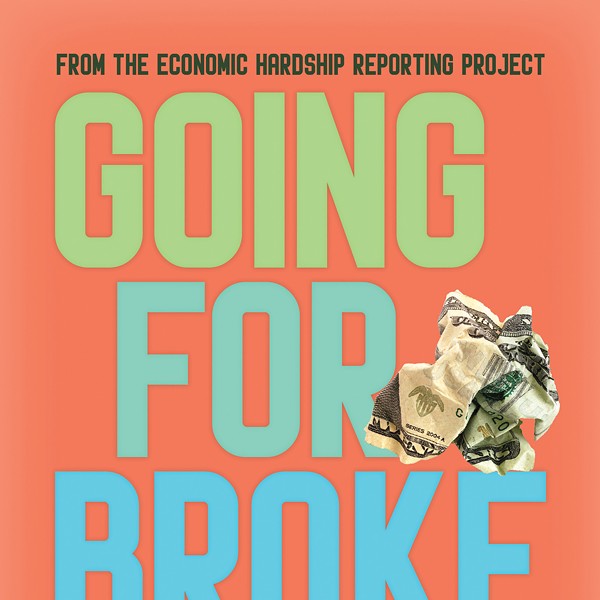Susannah Cahalan turned her mysterious and devastating illness into the best-selling memoir Brain on Fire: My Month of Madness. Six years later, Cahalan's second book, The Great Pretender: The Undercover Mission That Changed Our Understanding of Madness, is being released by Grand Central Publishing on November 5. Cahalan, called "one of America's most courageous young journalists" by NPR, has investigated a 50-year-old mystery behind a groundbreaking experiment that changed the course of psychiatry and our understanding of mental illness. Cahalan, who lives part-time in West Hurley, was scheduled to talk at Murray's in Tivoli on November 15, but the event has been cancelled.
—David Levine
Most people haven't had a chance to read your book yet, so can you give us a brief synopsis?
It is born out of questions I didn't tackle in my first book. In that book, I was misdiagnosed with a serious mental illness, when I had an autoimmune disease in my brain. It raised all these questions about, what does it mean to have a mental illness? What does that label mean? At one point during the publicity for Brain on Fire, I came across a study published in 1973. [Healthy researchers] went undercover in psychiatric hospitals across the country and all they did was exhibit very limited [fake] symptoms, like "I hear a voice," and they were all diagnosed with schizophrenia. That study had a huge impact on mental health that we are still feeling today. I connected personally with that study and my own misdiagnosis. I wanted to learn more about this study's author, David Rosenhan. As I investigated it over the past six years, the story pivoted, and the result is more of a mystery and investigation than I ever foresaw.
Is it the mystery of how we define mental illness? Or whether we have a grasp on it at all?
Perfectly said. The basic mystery is the author and the legitimacy of the study. Then it also becomes a look at the history of psychiatry, how much has changed since that study, how much have we grasped, and how much have we failed to grasp. While I was on [my first] book tour I did a lot of medical conferences and grand rounds. After one session, one of the doctors came up to me and said, "This sounds a lot like this woman we have here." She had been in and out of the hospital for two years. I had been misdiagnosed for only one month. I remember thinking, could someone here have the same story that I did? I found out later she had been; she had the same illness I did. This raised questions of how many people are misdiagnosed, what do these terms even mean if they can be so porous.
What does the title, The Great Pretender, mean?
I think there are three interpretations. The first is that the illness I had and others like it are called Great Pretender illnesses, because they mimic psychiatric conditions. And then you have David Rosenhan and his other—they called themselves pseudo-patients—who went undercover in psychiatric hospitals. They are kind of great pretenders. And ultimately, as questions are raised about the validity of the study, that term takes on new meanings.
What themes do you want readers to take away from the book? What questions do you want answered?
A lot of these are impossible questions. I hope that for the layperson it empowers them to feel more comfortable asking hard questions, especially of their doctors. Also, I think I illuminate the limitations of our knowledge, which can be a scary thing. In terms of the field reading it, I hope that they are able to understand their history better. I think to move forward and progress you need to understand the history, and this is an illumination of a history that was not truthfully told. My intention is to raise questions and to add to the conversation, not end the conversation. I don't have the answers.
Were you interested in mental health before your illness?
I was always interested in behavior. I went through all these books I got to re-read for The Great Pretender, like I Never Promised You a Rose Garden, One Flew Over the Cuckoo's Nest, Go Ask Alice, all these books were interesting to me, as they are to many people. But I don't think I had an extraordinary interest in this until it actually hit me personally. Moving through this illness that was disabling for many months of my life was a profound experience. It ripped my life into a before and after. Everything about my life now is a direct after effect, an aftershock of the illness.
You now live part-time in the Hudson Valley and part-time in Brooklyn. Did you work on the book here?
I wrote a great portion of the book upstate, about 75 percent of the book. At Outdated, Village Coffee, Rough Draft—I was definitely using the Kingston coffee shops to get this book done, for sure.
What will your presentation at Murray's include?
I haven't done any [events] for this yet, so it will be an interesting challenge to figure out how to talk about this book. I have a lot of audio and visuals, so I hope to bring them in. But my favorite parts of book events are when the audience asks questions. For me it's so fun to engage on that level. I hope it's lively. I am excited to present this book to the community where I wrote so much of it. It feels really special.

















